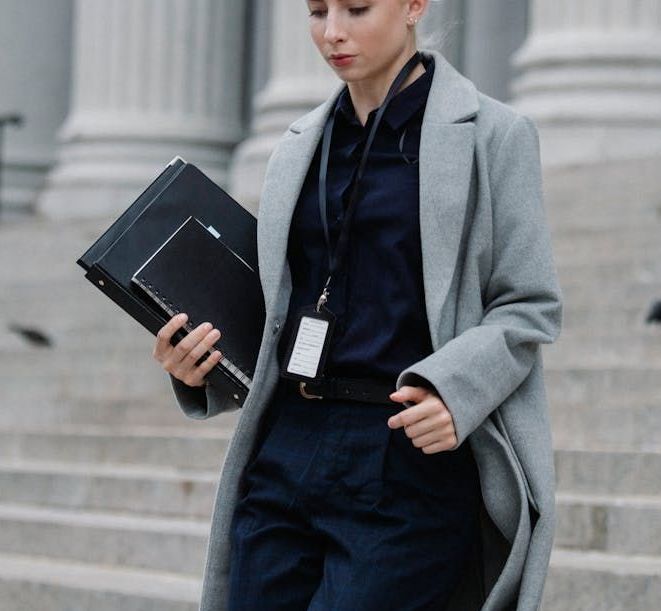About us
Care for Palestine is a Netherlands-based NGO founded by healthcare professionals from Doctors for Gaza (Artsen voor Gaza). It has since expanded to include educators and lawyers. While our mission encompasses access to health, education, and justice, we are currently prioritizing justice.
Empowering Change
Divestment from Companies Investing in Occupied Palestinian Territories
Time to face reality
Over the past year, it has become painfully clear that aid initiatives—whether medical, public health, or humanitarian—collapse at the slightest provocation, time and time again. Too many aid workers have been arrested or killed, too many hospitals bombed, and too many ambulances and food convoys destroyed or blocked. Despite countless demonstrations and petitions, governments persist in providing military, political, and financial support for these atrocities. True madness is repeating ineffective strategies while expecting different results.
Even the torture and death of medics, alongside serious human rights violations—including the Israeli governing party publicly defending, on camera in parliament, the right to rape Palestinian prisoners—have not compelled the international community to withdraw its support. This continued backing only perpetuates the violence.
Perhaps the only way to stop this war and occupation machine is to cut off its financial fuel.
A new strategy
Care for Palestine has shifted its focus to Law-Assisted Divestment. While projects supporting healthcare and education in Gaza are valuable, they address only the symptoms of occupation, not its root cause. Providing humanitarian aid without a strategy to end apartheid and occupation is akin to building sandcastles at high tide—ultimately doomed to fail. Aid efforts, though well-intentioned, risk creating the illusion that the crisis is manageable, despite being grossly inadequate in addressing the scale of the atrocities.
After witnessing a year of escalating war crimes, we have chosen a different path—one that is longer and more challenging but offers the potential for lasting and meaningful change. Our focus is on enforcing the International Court of Justice (ICJ) ruling to halt all investments, trade, and cooperation with the illegally Occupied Palestinian Territories, using legal action if necessary.
What we believe
We know that this can be a subject that raises a lot of concerns, so we have collected some of the most frequently asked questions for you
our core values
Respect
At Care for Palestine, everyone is welcome to join and work together towards a more just world, regardless of race, origin, nationality, religion, gender or sexual orientation.
We live by the principles of Article 1 of the Universal Declaration of Human Rights:
"All human beings are born free and equal in dignity and rights"
our core values
Stronger together
For many on the outside, the situation in Palestine is not just a violation of International law and the rule of law. But a betrayal of the values we were brought up to believe in. A breach of the social contract that the law is supposed to apply to everyone equally.
We believe that we have the best chance of making a meaningful impact if we form a coalition of support, nationally and internationally, of organisations and groups. From healthcare workers to civil servants, from students to charity organisations. To show that WE maintain an unwavering commitment to strive for peace, justice and compassion.
our core values
The time is now
There is little doubt that the times we are living now will be dark pages in the history books. That years from now people will study how it was possible to do so little when we knew so much. For too long, we have stood by. Hoping in vain that we could cajole or reason those in power to do the right thing. Thinking time and time again: "This is IT, now they have gone too far, now there will be sanctions." Just to realise that instead, we need to be the change we want to see. The time is now!
“With reasonable men, I will reason; with humane men, I will plead; but to tyrants, I will give no quarter, nor waste arguments where they will certainly be lost.”
William Lloyd Garrison
stay up to date
Get Care for Palestine Latest
Receive updates on the progress of the legal actions and negotiations, and get a heads-up on upcoming events.
Contact Us








